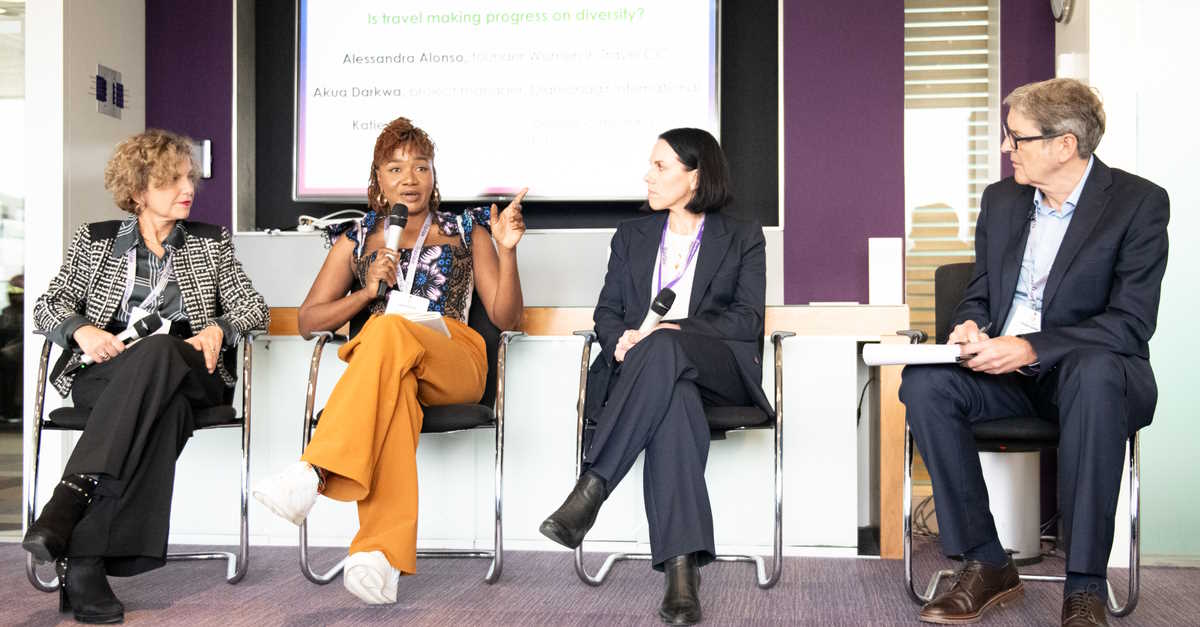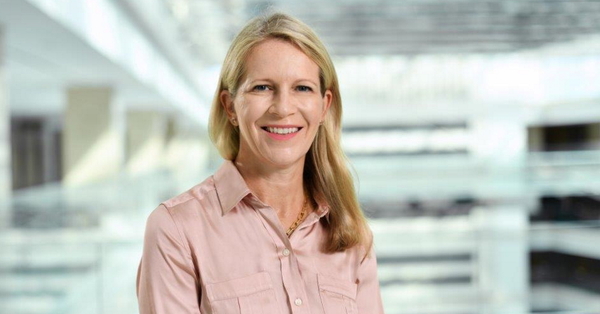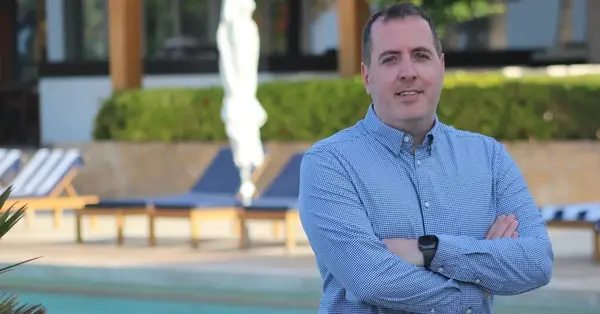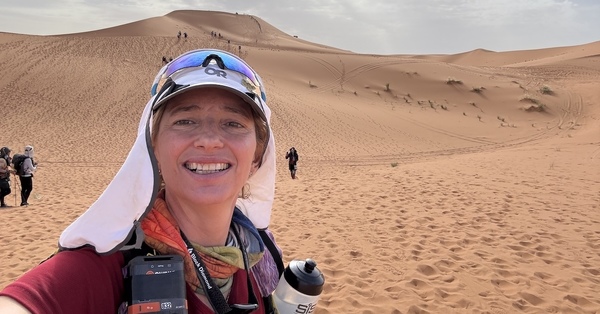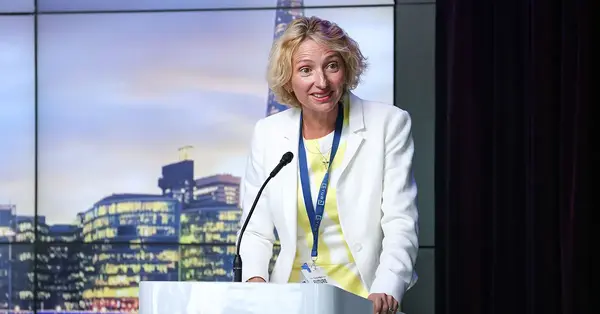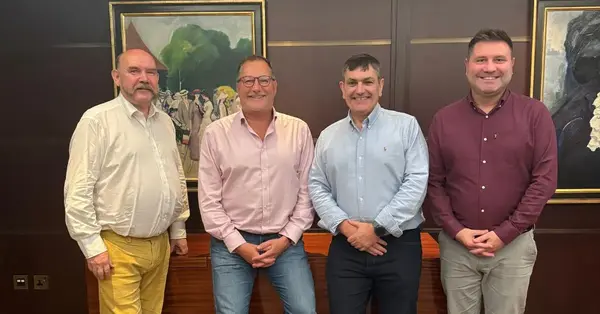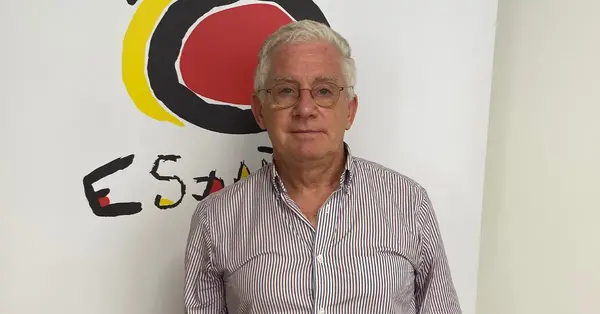You are viewing 2 of your 2 free articles
Diversity and inclusion ‘must not be seen as a project’, warn experts
Diversity and inclusion must be viewed as an ongoing process and not a one-off project, according to experts.
Speaking at Travel Weekly’s People Summit, Diamondair International project manager Akua Darkwa urged attendees to embed diversity in their business strategies rather than view it as a “box-ticking exercise”.
“It’s really important that the concept of diversity and inclusion is not seen as a project; that there’s no start and end date,” said Darkwa.
“The moment we view it as a project, it’s a case of ‘today there is budget but tomorrow there isn’t’.
“It should be seen as an ongoing process with continuous improvements that have to be assessed by data.”
Darkwa added that while organisations might not initially have the resources in place to measure the impacts of their diversity and inclusion practices, it “becomes part of the company culture” with time.
Women in Travel CIC founder Alessandra Alonso agreed that continually striving for representation among the workforce should be the “modus operandi” for businesses.
She said: “Diversity and inclusion is a journey and you never quite arrive [at the destination].
“There are always aspects that come up which might be more challenging to solve. You have to start from your own house and accept you can’t address everything all at once.”
Alonso concurred that data is key in shaping and measuring any form of work around inclusion.
“Data is critical to understanding your starting point and where the gaps are, as well as what the priorities are,” she added.
“You need to decide what your business objectives are, then put a diversity and inclusion lens to those objectives and identify how it would influence their outcome.”
Katie Nightingale, director of people consulting at accounting company Grant Thornton, also said data is critical – but stressed companies must communicate to their employees why it is being gathered.
“You need to make sure people understand why you’re capturing that data and what you’re going to do with it in a positive way,” she said.
“It’s quite a personal thing you’re asking people: their sexuality, their gender, their ethnicity. You’ve got to make sure you’re clear about gathering that information, which is where some organisations are not doing so well.”
She added: “By doing that, you will start to build trust and see the link between increasing your diversity and inclusion and your profitability.”

